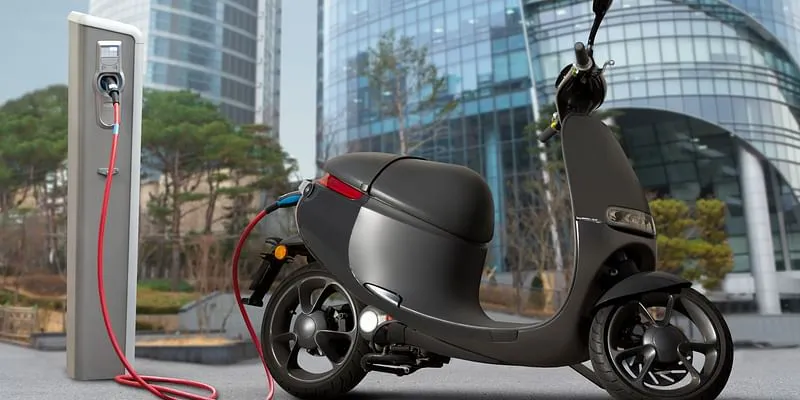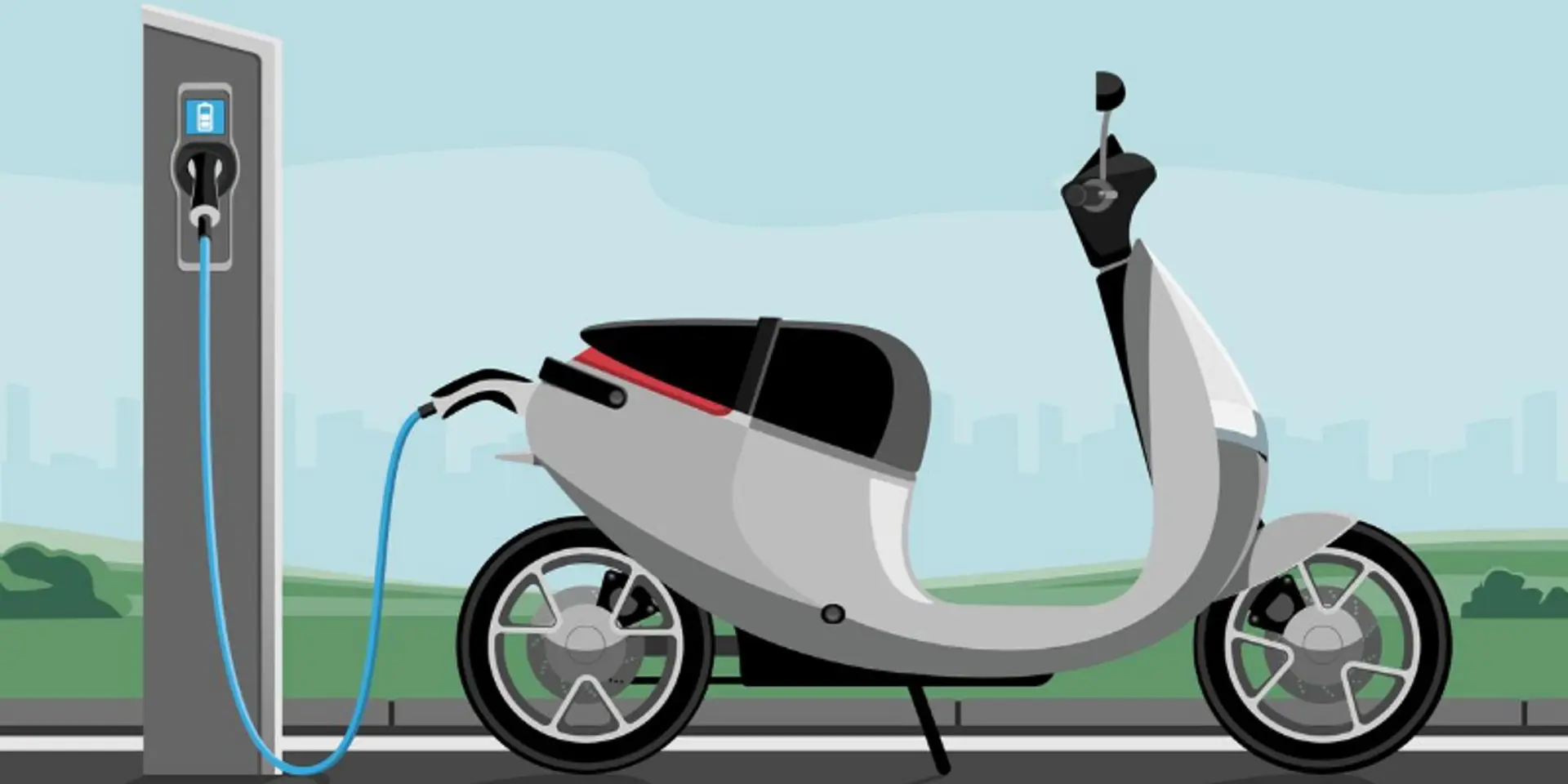How AI-powered predictive analytics are revolutionising EV maintenance
Through the power of AI-guided insights, the EV ecosystem is on the cusp of a transformation in the future of urban mobility, towards a safer, sustainable world.
The electric vehicle (EV) industry is experiencing a significant transformation, and AI-powered predictive analytics are at the forefront of change. By leveraging sophisticated algorithms and machine learning, EV manufacturers can now foresee and address maintenance issues before they escalate into major problems.
This shift toward proactive maintenance is revolutionising the EV experience, offering owners a smoother, more reliable, and more enjoyable ride. With the advent of AI-driven predictive analytics, maintenance can be performed preemptively, drastically reducing downtime and enhancing overall user satisfaction.
AI-powered predictive analytics enable EV manufacturers to fine-tune their maintenance schedules, thereby reducing the frequency and intensity of repairs. This optimisation not only lowers long-term maintenance costs but also averts expensive emergency repairs and parts replacements.
The core of this technology lies in its ability to analyse vast amounts of data from numerous sensors embedded in the vehicle. These sensors continuously monitor various parameters, and the AI algorithms identify patterns and anomalies that could signify potential issues. Armed with this information, EV owners can take preventive measures, addressing problems before they become critical.

The advantages of incorporating AI-powered predictive analytics into EV maintenance are multifaceted. It minimises downtime, cuts costs, and enhances the overall riding experience. Beyond these practical benefits, it aligns with the broader objective of fostering sustainable and environmentally friendly transportation solutions.
As the EV sector continues to advance, the role of AI in predictive maintenance will become increasingly pivotal. This technology is set to revolutionise urban mobility, making electric vehicles a more viable and attractive option for commuters.
From an environmental perspective, AI-powered predictive analytics offer significant benefits by reducing waste and minimising the ecological footprint of EVs. Optimising maintenance schedules and reducing emergency repairs mean less waste generated from vehicle components.
Additionally, AI can help manufacturers streamline their supply chains, cutting down on waste and environmental impact. By analysing data from parts usage and inventory, manufacturers can ensure that all the resources are being used efficiently, further reducing their environmental footprint. The implications of this technology are far-reaching, influencing not only individual EV owners but also the entire supply chain, contributing to a more sustainable future.

One of the standout advantages of AI-powered predictive analytics is its capability to provide real-time insights into vehicle performance. Continuous monitoring allows for the early detection of potential issues, which can be addressed before they become significant problems.
For instance, AI can track the health of the battery, the performance of the motor, and other crucial components, ensuring that the vehicle operates at maximum efficiency. This not only enhances the rider's experience but also extends the vehicle's lifespan, providing better value for money.
Moreover, integrating AI-powered predictive analytics into EV maintenance routines can result in substantial cost savings for manufacturers. By decreasing the frequency of breakdowns and unscheduled maintenance, manufacturers can allocate resources more effectively and reduce operational costs.
These savings can be passed on to consumers, making EVs more affordable and accessible to a wider audience. This is particularly important as the demand for sustainable transportation solutions continues to rise.
Another critical aspect of AI-powered predictive analytics is its role in improving safety. By continuously monitoring vehicle performance and identifying potential issues, AI can help prevent accidents caused by mechanical failures. This proactive approach to maintenance not only protects riders but also contributes to the overall safety of the transportation system. As more people adopt EVs, the cumulative impact of improved safety standards will become increasingly significant.
In addition to its direct benefits for EV owners and manufacturers, AI-powered predictive analytics has broader implications for urban mobility. As cities worldwide strive to reduce traffic congestion and lower emissions, the adoption of EVs equipped with advanced predictive maintenance capabilities can play a crucial role. Ensuring that EVs remain in optimal condition helps reduce the environmental impact of urban transportation and contributes to the creation of cleaner, more sustainable cities.
In conclusion, AI-powered predictive analytics is transforming the EV industry by reducing downtime, lowering maintenance costs, enhancing rider experience, and promoting sustainability. This innovative technology is improving the performance and reliability of electric two-wheelers and supporting the broader goals of reducing waste and minimising the environmental footprint of transportation.
As the EV industry continues to evolve, the adoption of AI-powered predictive analytics will undoubtedly play a critical role in shaping the future of urban mobility and creating a more sustainable world.
(Hari Kiran is the Co-founder & COO of eBikeGo.)
Edited by Jyoti Narayan
(Disclaimer: The views and opinions expressed in this article are those of the author and do not necessarily reflect the views of YourStory.)







